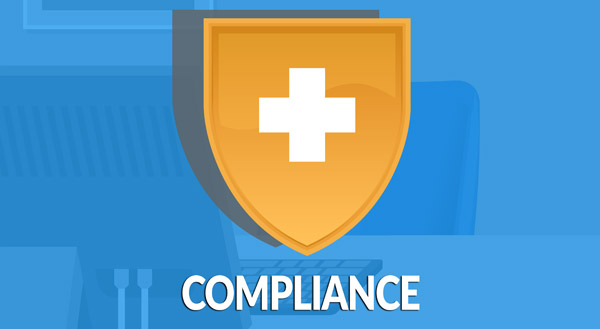
Have you ever wondered if your business could stand up to a serious cyberattack?
In today’s highly connected world, even small companies hold valuable customer data and systems that hackers may target. While hoping for the best is not a security strategy, you can actively test your cybersecurity using vulnerability scanning and penetration testing.
These evaluation methods shine a light on potential weak spots so you can shore up any cracks in your armor before real threats strike.
In this article, we’ll compare these two testing options using a home security analogy.
Walking the Perimeter: Vulnerability Scans
Just like walking outside your home and taking note of any potential entry points, a vulnerability scan examines your network and devices from the outside looking in. It identifies weaknesses such as unpatched systems, insecure configurations, or open doors that could leave you vulnerable to attacks.
Think of it like noticing an unlocked window or weak locks: a vulnerability scan produces a report listing areas that need extra security. However, it doesn’t verify if anyone could break in. You still need to review the report and take steps to close those gaps, such as installing sturdier locks or an alarm system.
The advantage is vulnerability scans can occur frequently and often run automatically through security tools. This allows you to stay on top of patching and proactively fix issues before hackers find and exploit them. It’s a cost-effective way to monitor your “perimeter defenses” over time.
Real-World Attacks: Penetration Testing
Taking it a step further, a penetration test mimics the tactics real cybercriminals use by actually attempting to break into your systems and data.
While a vulnerability scan may show that the side of your house needs a gate, a penetration test may reveal that a hacker could climb over your neighbor’s fence to avoid the gate completely.
It gives a more accurate picture than vulnerability scans alone, as skilled, ethical “hackers” probe for weaknesses using the latest techniques. However, penetration testing is more expensive and disruptive due to the hands-on human element. It’s best to start with regular scans and save deeper tests for critical systems such as payment processing.
Meeting Compliance Standards
Vulnerability scans and penetration tests aren’t just a great addition to any cyber defense; many businesses are required to perform regular network scans and penetration tests to comply with credit card handling standards.
Taking proactive steps such as these helps ensure sensitive customer information stays protected.
As a managed security provider, our team of experts can conduct thorough vulnerability scans and penetration tests on your behalf. By leveraging our experienced, ethical hackers and automated scanning tools, we can evaluate your network’s security posture without disrupting daily operations.
We’d happily review your security needs and budget to recommend the proper testing schedule. Contact us at (515)422-1995 today to get started.





